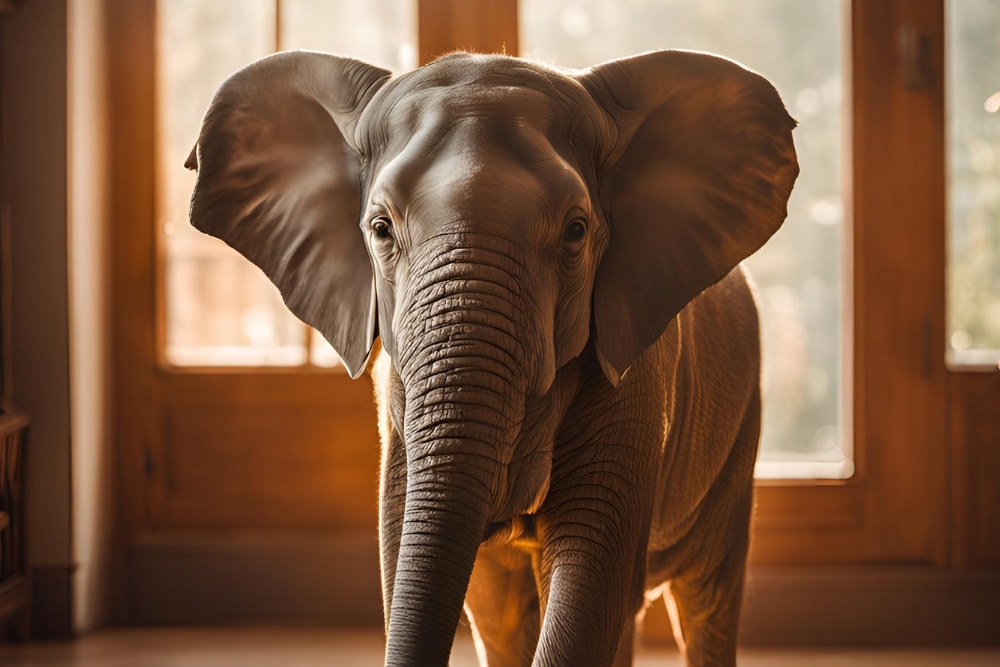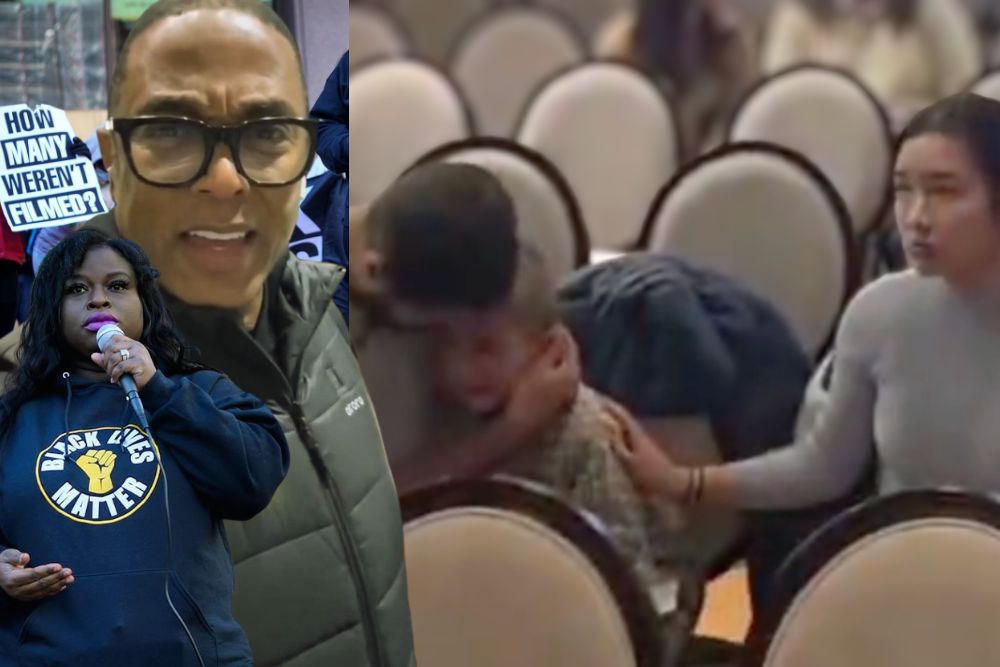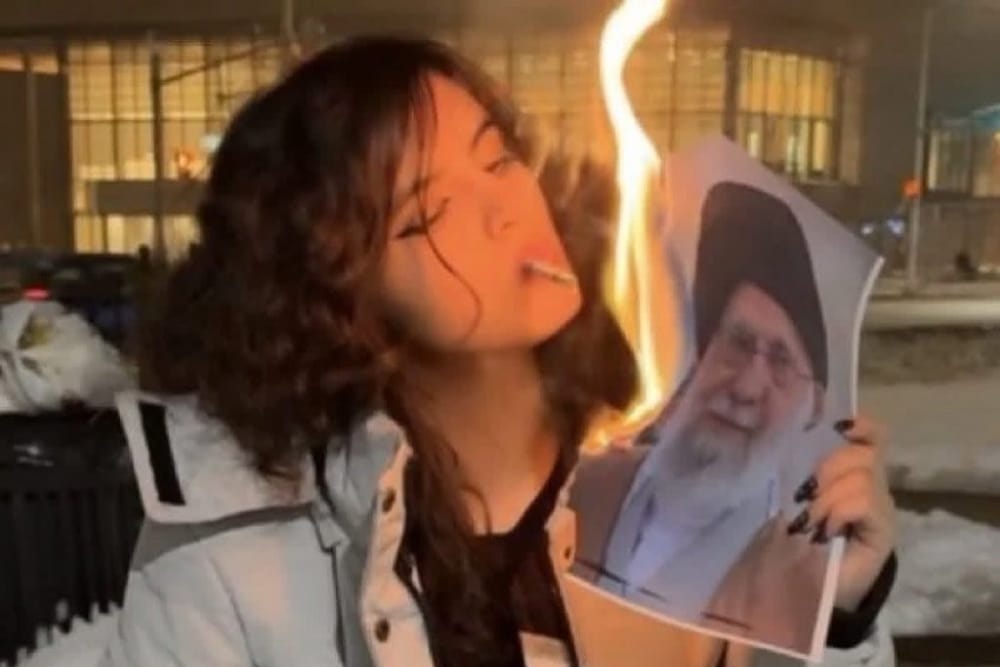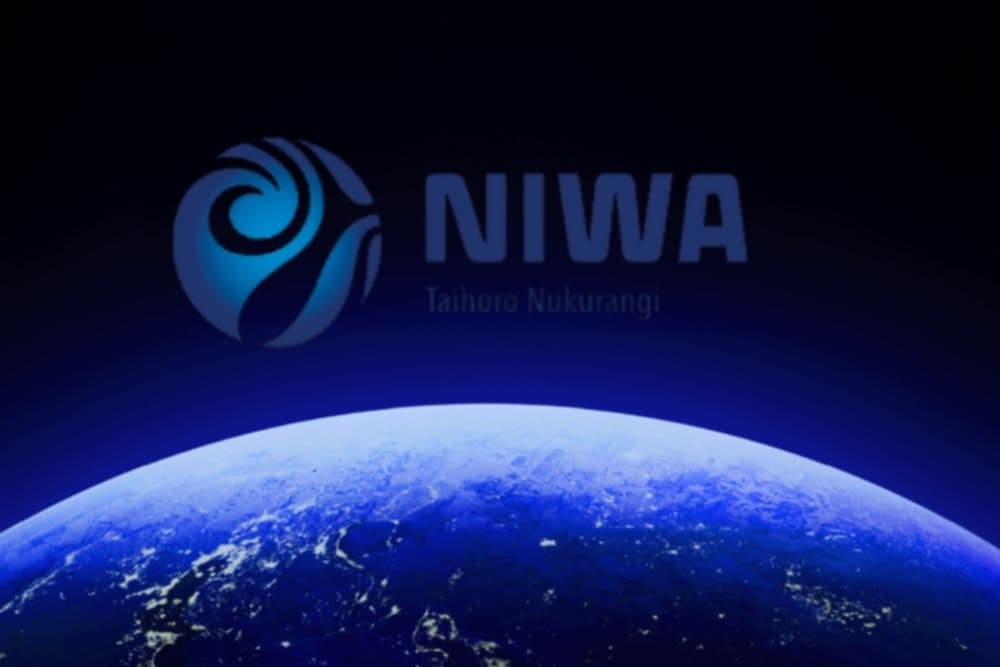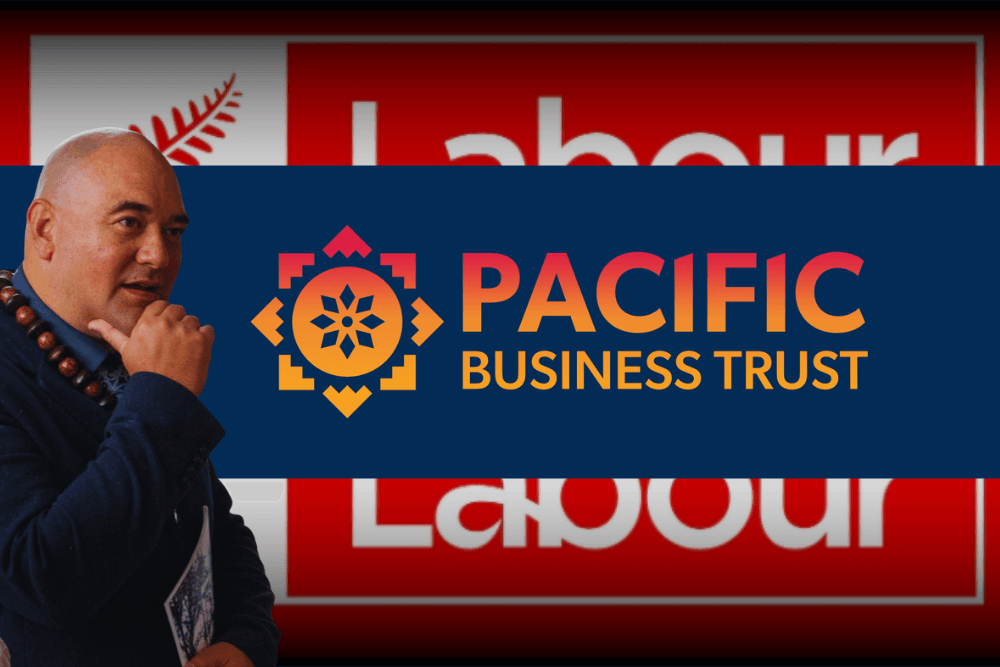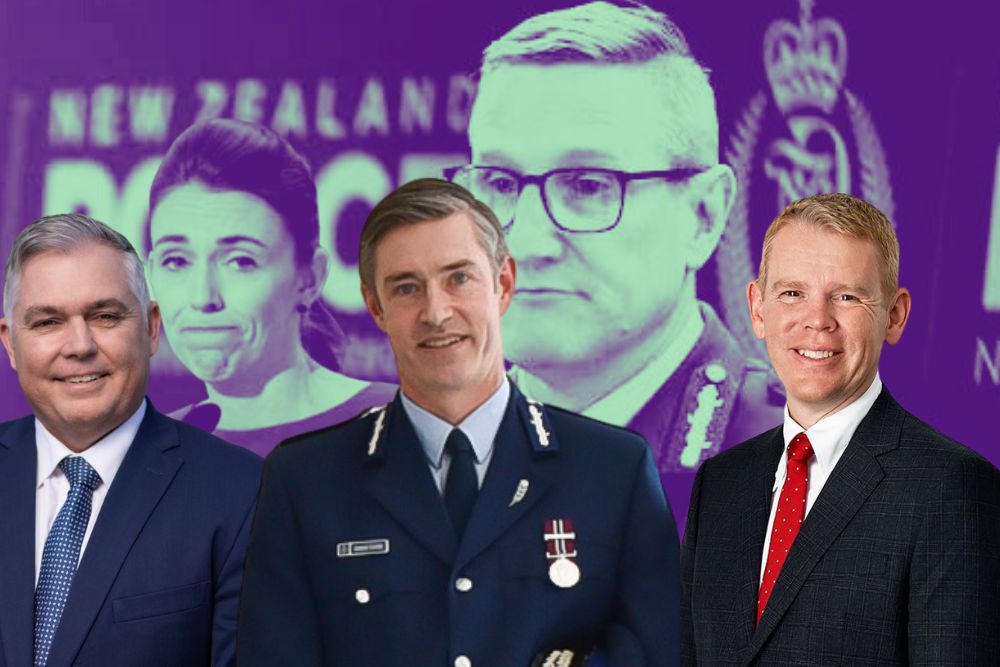By Mike Bain
As both iwi and hapu gathered earlier this month at Te Pūnuiotoka hui on Tuahiwi Marae in Christchurch, we saw momentum previously gained by Tribal Māori to form its own parliament falter and consigned to the back burner.
The Māori parliament, also known as the Kotahitanga movement, was established in the late 19th century to promote Māori self-governance and represent Māori interests. A significant event was the assembly held at Ōrākei, Auckland, in 1879, led by Ngāti Whātua leader Paora Tūhaere. The movement aimed to achieve political autonomy for Māori, establishing a separate parliamentary system alongside the New Zealand Parliament.
Fuelled today by a generational belief, rooted in radicalism, there is a growing eagerness among some, eager to see change in the nation.
But it’s not just Māori who want to see change; it is both Māori and Pakeha, or non-Māori, all wanting the same thing: equality. To be treated the same regardless of who your parents are.
David Seymour, leader of the ACT party, wants New Zealand as a nation to sit down together to define what the Treaty is and what its meaning is, to enable this country to move forward.
Seymour is correct in his assertion that as more people stop listening to the one-sided antagonists with the loud voices, we will all come to an understanding that his referendum is about uniting, not dividing a nation.
If Māori seek self-determination, they must demonstrate and validate what that would entail in today’s multicultural nation.
Consecutive governments are addressing past grievances related to land, colonisation, and health outcomes. However, the divisions within Māoridom, between tribal and urban Māori, are issues that only Māori themselves can resolve. What the country desires is to witness proven Māori leadership that can unify their people.
Māori have a strong history of disunity, even before the signing of the Treaty of Waitangi, by a proportion of Tribal leaders in 1840. Some even remained as non-signatories.
There was consensus from both sides that signing the Treaty would provide Māori with a solid foundation to move forward.
In a further attempt of unification after 1840 was the formation of the institution of Kīngitanga, which was to be seen as a 19th century version of ‘Māori for Māori’, but this too was shunned by those tribes who didn’t buy into the concept.
Even the coronation of Kiingi Tuheitia was not acceptable in the eyes of some who wanted something different.
Unity amongst Māori was at the forefront of Tuheitia’s mind, and he would have been pleased to see a solid display of unity, a look at how it could be, when tribal leaders from the country joined in the display of grief at his passing.
While much is spoken about with the imperfections with New Zealand’s current system of government, statistics for Māori continue to be high in mortality, crime, poor educational outcomes, and child abuse.
What cannot be ignored is that child abuse in New Zealand is endemic within the Māori community.
While there is enormous respect for how Māori treats their elderly, they fail miserably when it comes to their babies.
Over the decades we hear horrors of child after child being tortured and abused by those who are supposed to love them. Death is often the only way out of that hell.
Māori are not the only race who commit these types of atrocities, but these cases are so horrific, so appalling, that they do grab headlines.
Equally horrific is the wall of silence from those who want to have self-determination as the perpetrators of crime go unpunished.
Justice, regardless of the system, must be seen to work for the death of the latest victim of child abuse, known as Baby Ru (Ruthless-Empire Souljah Reign Rhind Shephard Wall).
We need to see justice for this crime.
Just as we saw in the death of the Kahui Twins, Moko, James Whakaruru, Nia Glassie; a wall of silence.
So, the challenge is this.
Show us, explain to the rest of New Zealand how David Seymour’s idea of discussing the treaty is an act to push Māori to one side?
Show us concrete examples how self-determination, how self-governance will work.
For many years Māori have told us what is wrong with the Westminster system this country operates.
Stop threatening unrest, move beyond criticism of the current system and present viable alternatives and rise to the challenge. Show us all, show your own people, how it will work.
Show us how you would have a better economic outlook for all New Zealanders.
Show us how you will produce better health outcomes for all New Zealanders.
Show us how you will have better educational outcomes for all New Zealanders.
We hear the cry of some within the Māori community, how unfair they have been treated by the colonialist.
Give the rest of New Zealand a proven plan with concrete foundations, but, most importantly, show us what Justice looks like for one of your own, Baby Ru.
Until then, everything you are advocating is, as King Solomon put it:
And I saw that all toil and all achievement spring from one person’s envy of another. This too is meaningless, a chasing after the wind.”
Mike Bain is a veteran broadcaster who founded the organisation Christian Voice New Zealand

